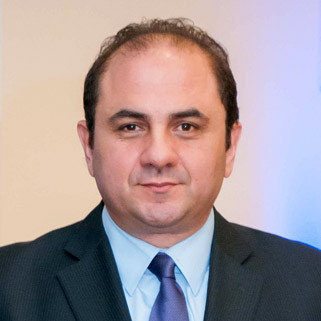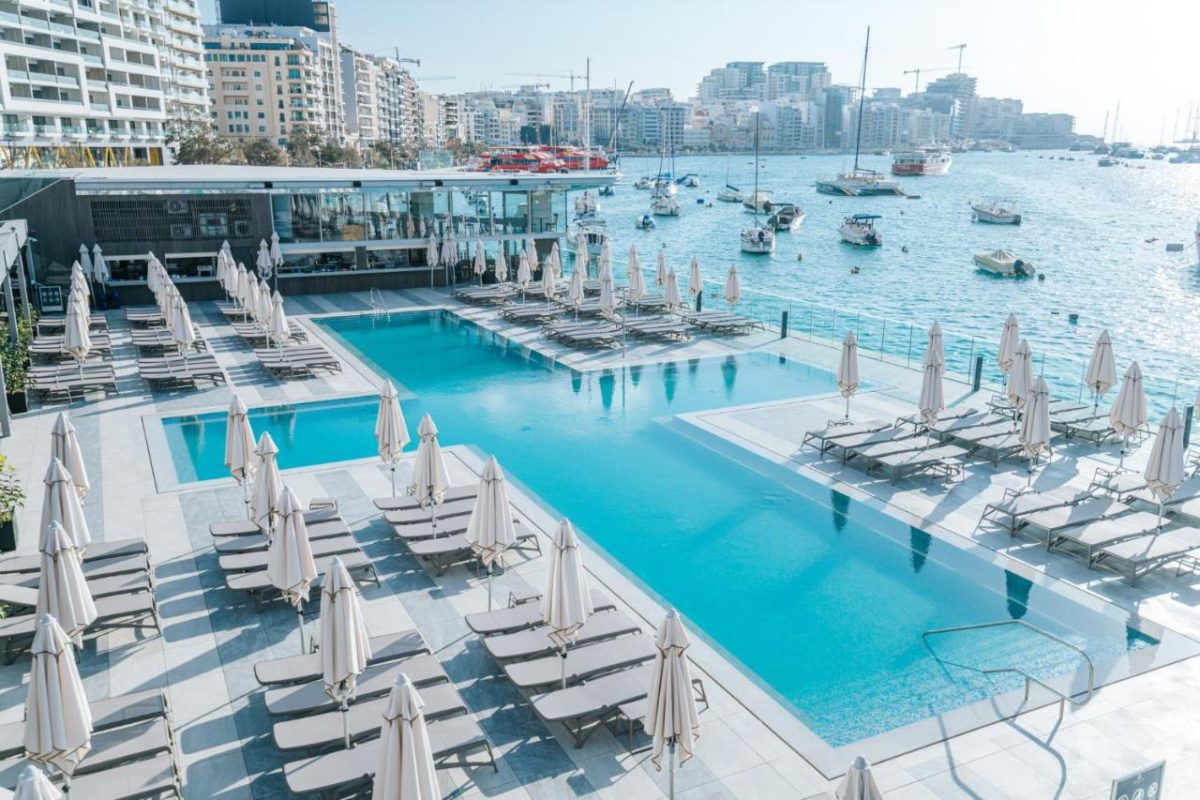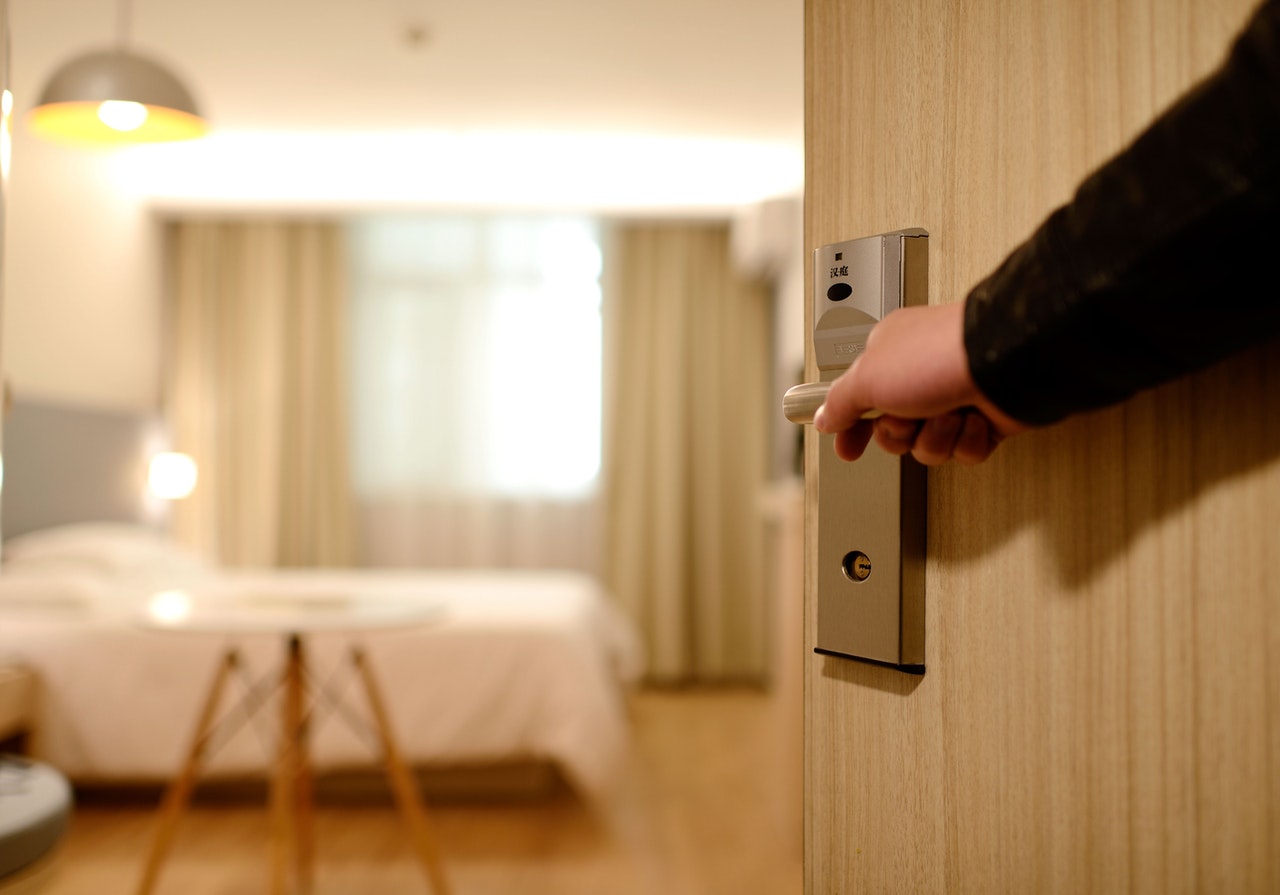
Michael Stivala, CEO and chairman of leading local property investment firm, Stivala Group, is firmly ‘laissez faire’ in his view towards the concerning rise in supply of hotel beds in Malta.
The CEO, whose company owns a number of hotels via its subsidiary ST Hotels, stands against the idea that restriction might need to be placed on the development of new hotels, as a rise in the number of collective accommodation beds outstrips that of the number of visitors to the island.
For him, “the investor needs to be left free to invest,” with the free market dictating the rest.
Mr Stivala sat down with BusinessNow.mt to discuss the concerning phenomenon, which has been described as representing “writing on the wall” for the local tourism industry.
This issue has been discussed extensively in recent months, as the hospitality industry badly shaken by COVID, has turned to introspection.
According to data compiled for the Malta Hotels and Restaurants Association (MHRA) and released late last year, there were a number of signs that the rapid growth of the country’s tourism industry between 2010 and 2018 was leading to overheating in the market.
By the end of 2018, there were around 200 collective accommodation properties, with close to 19,000 rooms and 43,000 beds.
More recently, data released by the National Statistics Office (NSO), has shown there were 43,269 bed places in collective accommodation establishment in September 2021.
However, despite the rise in bed numbers, operators like Stivala Group, which is currently embarking on a €30 million project to establish a new four-star hotel in Sliema, continue to have faith in their new investments.
This figure is even higher when including third-party properties rented as private accommodation, which came to 55,597.
The Malta tourism strategy 2021-2030 suggests that the licensed bed stock could go up to 100,000 by 2030 if all tourist accommodation projects currently in the pipeline had to come to fruition, resulting in roughly 36.5 million available bed nights.
Assuming a seven-day average length of stay, this would generate roughly 22.4 million guest nights, which is 14.1 million nights short of the projected capacity.
This translates to an occupancy rate of 61.3 per cent, a rate considered by the sector to be unprofitable.
Mr Stivala acknowledged that there are a number of new hotel developments underway, and stated that this was a reflection of the return of some level of confidence for developers and operators as tourism rebounds post-COVID.
He also emphasised that these investments are not made blindly, and that investors and developers conduct their own due diligence on new projects, which considers micro and macroeconomic factors, including the overall health of the tourism market.
The CEO admitted that some hotels would not survive, but pointed out that this is part of the natural eb and flow of the market.
“Over the past 30 years, I have seen new hotels come up and more hotels closed down. This balance is healthy, because it favours higher quality establishments that are more modern and in better condition,” he said.

Addressing the idea that it may fall on the Government to try and control the market, Mr Stivala was resolute in his rejection, saying it would cause the market to deteriorate.
This idea has been put forward in a number of quarters, including by a think tank created by The Malta Chamber, which in 2020 called for brakes to be placed on new accommodation projects to keep bed stock in check.
The organisation repeated this recommendation late last year.
Mr Stivala, however, reflected that in the 1990s, the Government decided to try to control to number of bedspaces, which left the island unable to meet the future demands of the tourism industry in the long term.
“The Government is unable to react quickly enough to meet market changes,” he argued, suggesting that the industry is able to spot opportunities and fill demand quickly.
For Mr Stivala, this means it is important to leave the tourism market free from state intervention, from both the supply and sales side.
However, he did acknowledge that some changes need to be made in the hospitality and hotels industry, and that the Government can help facilitate these.
For example, he is of the belief that hotel developments need to place more consideration on the environment and be more environmentally friendly.
The Government can help facilitate this by offering incentives or restrictions requiring that hotels are sustainable.
Providing a broader outlook on the tourism industry for 2022, Mr Stivala reported that summer 2022 looks set to be a healthy season.
“We are currently receiving many bookings for hotels across our portfolio, which includes Bayview Hotel, Azur Hotel, Sliema Hotel, Blubay Suits and Blubay apartments,” he explained.
Stivala Group expects it can reach a large number of tourists, but Mr Stivala warned that inconsistent and changeable COVID restrictions could threaten the industry’s success during the period.
“We understand that health is a priority, but COVID restrictions need to be well communicated and more taught, because we cannot adapt to restrictions constantly,” he argued, adding:
“The health authorities need to understand that the health and economic systems go hand in hand. We cannot have on without the other.”
Expanding on the need for restrictions to be well communicated, in advance of time, Mr Stivala stated that the industry is particularly vulnerable to abrupt changes.
He pointed to the fact that airlines plan schedules in advance and sell tickets months ahead of time, and that they cannot be made to feel uncertain about whether tourists will actually be able to eventually fill their seats.
Additionally, confidence needs to be fostered amongst tourists, as they need to know that if they book a holiday to Malta, they will be able to come to the country and enjoy themselves, spending their budget in the country on leisure, rather than on COVID-related factors.
European Parliament adopts regulation making it easier for companies to be paid on time
The maximum credit term under the new Late Payment Regulation is to up to 120 days, for some sectors
French ATC strike forces Ryanair to cancel over 300 flights, affecting 50,000 passengers
The low-cost carrier is demanding the EU carries out reforms to ensure travel continues undisrupted
Valletta ranks 8th most expensive European capital city to live in – study
While London is the most expensive, Bucharest is the most affordable






